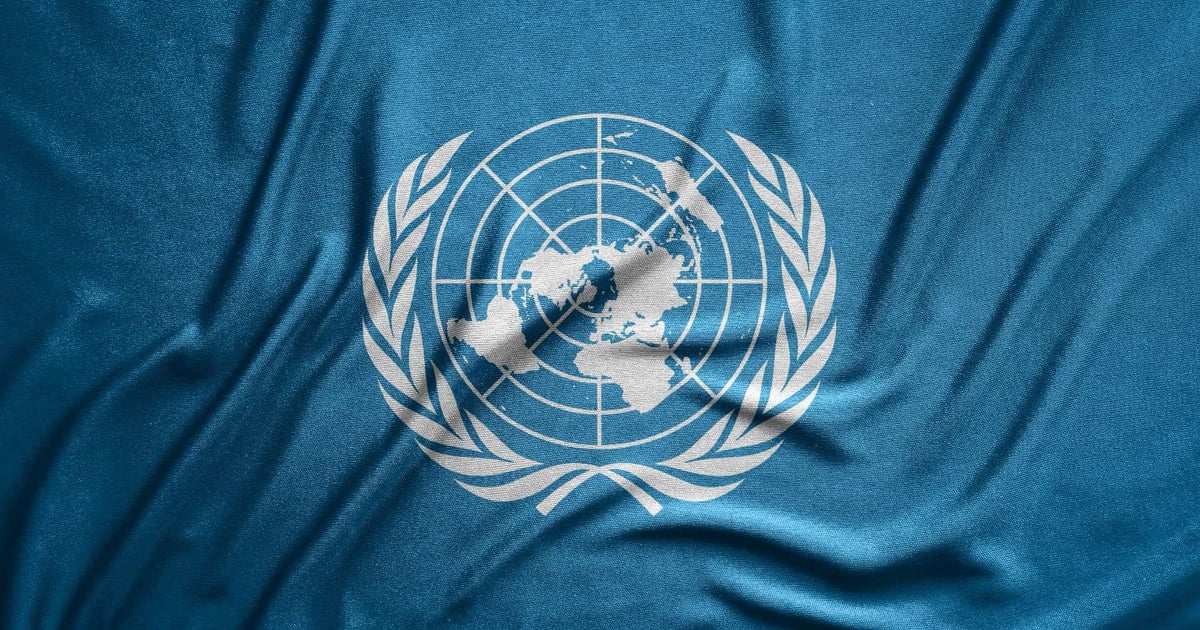
August 12, 2024 at 05:05PM
The United Nations committee has advanced a final draft of a treaty to combat cross-border cybercriminal organizations. The treaty, if adopted, would criminalize unauthorized access to information systems and require support from various companies. However, concerns have been raised about its potential to infringe on human rights and enable repressive governments to prosecute journalists and protesters.
The meeting notes summarize the advancement of the final draft of the UN Convention Against Cybercrime, highlighting concerns and opposing viewpoints. The draft treaty aims to combat cross-border cybercriminal organizations and requires signatories to criminalize unauthorized access to information technology systems and intercepting data or communications. It also mandates support for domestic law enforcement and cooperation with other signatories.
Opponents express apprehension that the treaty could be abused by repressive governments to prosecute journalists, cybersecurity researchers, and protesters with its vague wording and lack of safeguards for human rights. Concerns are also raised about the potential implications for freedom of speech, as the treaty lacks protections that prevent misuse by governments and potential suppression of conduct protected by international human rights law.
These opposing views are shared by various organizations, including the Cybersecurity Tech Accord delegation, the Freedom Online Coalition (FOC), and the US State Department. The FOC calls for more safeguards and human rights protections to be built into the treaty framework.
Despite the opposition, the treaty is moving to the UN General Assembly for potential adoption, where a “yes” vote from 40 members could lead to its passage.